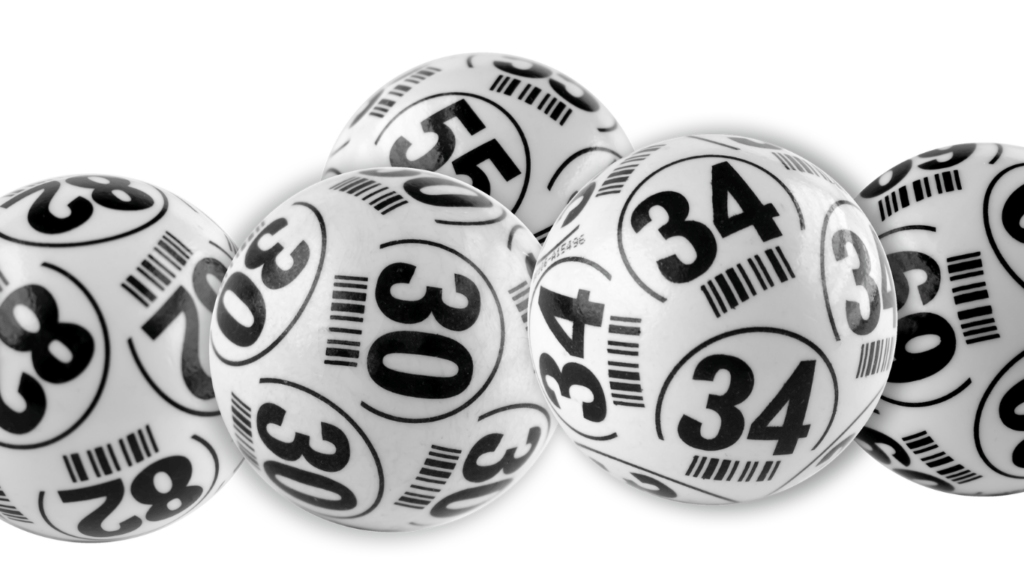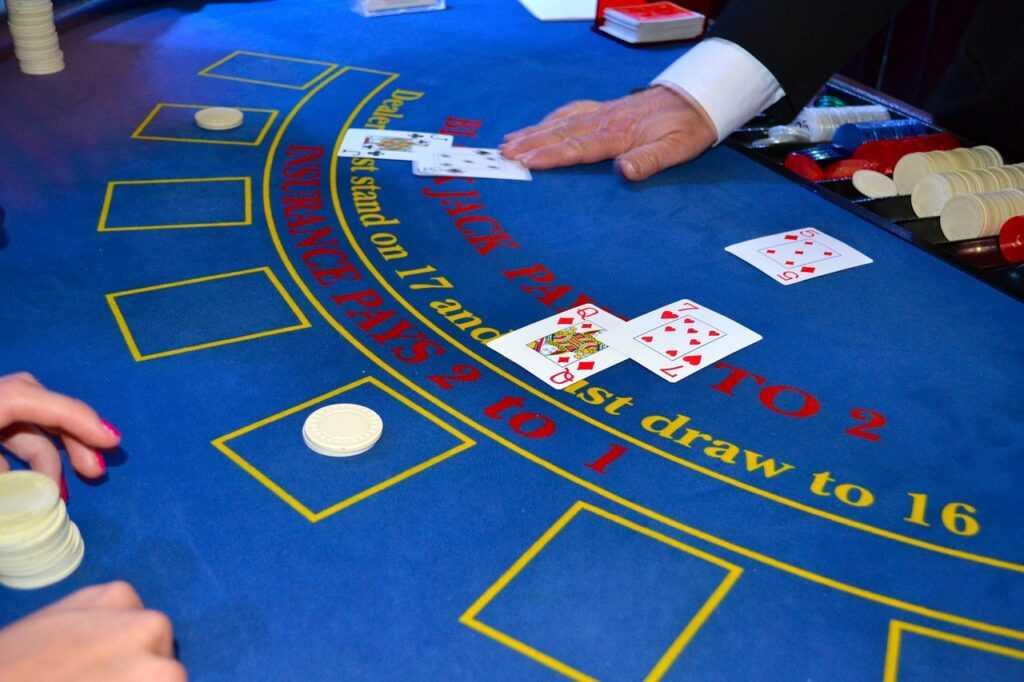Understanding Keno
Keno, a blend of lottery and bingo, offers simple rules and fast-paced action. Let’s delve into its basics to elevate your game.
Brief History of Keno
Keno originated in ancient China. Its creation dates back over 2,000 years. Chinese immigrants introduced the game to the United States during the 19th century. Initially called the “Chinese Lottery,” it eventually evolved into modern Keno. Casinos in Nevada popularized it by the 1940s, altering the game to align with American preferences.
How Keno Works
Players select numbers from a large set, usually 1 to 80. Every game, 20 numbers get drawn randomly. Keno can be played in various forms, including live at casinos or online.
- Choose Numbers: Players pick 1 to 20 numbers, referred to as spots.
- Place Bets: Bets are placed based on the number of spots chosen.
- Draw Numbers: 20 numbers are drawn using a random number generator.
- Match Numbers: Winnings depend on how many chosen numbers match the drawn numbers.
Typical payouts depend on the number of matches and the initial wager. For example, matching 5 out of 10 spots might pay differently than matching 5 out of 5. Players can find detailed payout tables on Keno resources or in casino guides.
Mastering these basics will provide a solid foundation for devising effective Keno strategies.
Fundamental Keno Strategies
Winning at Keno involves more than luck. Mastering key strategies can significantly improve your game.
Choosing the Right Numbers
Selecting Keno numbers wisely requires understanding odds and probabilities. Players often choose combinations based on personal significance or statistical patterns. For example, selecting consecutive numbers or mixing low and high values can diversify risk. Referencing historically frequent hits might offer insights, though randomness remains a factor. In my experience, balancing intuition with data-driven decisions boosts potential wins.
Managing Your Bankroll
Effectively managing your bankroll entails setting clear limits and sticking to them. Allocate a specific budget for each Keno session to prevent overspending. Choosing consistent bet amounts within each game helps maintain control. For instance, if planning a $100 session, dividing it into 10 or 20 smaller bets ensures prolonged play. Avoid chasing losses; instead, focus on maintaining a steady pace and enjoying the game. By monitoring my spendings and managing them judiciously, I make sure the fun lasts longer without financial strain.
Advanced Tips for Winning at Keno

Advanced strategies can significantly improve Keno gameplay. These methods, rooted in analysis and leveraging opportunities, offer seasoned players an edge.
Analyzing Patterns and Trends
Recognizing patterns can give players a strategic advantage. By tracking previous game results, I identify recurring numbers and trends. While Keno is largely a game of chance, some numbers may appear more frequently over extended periods. For instance, if I notice the number 8 appears in 7 out of 10 games, I might consider including it in my selection. Analyzing patterns doesn’t guarantee a win, but it can offer insights into number probabilities.
Leveraging Bonuses and Promotions
Bonuses and promotions can boost potential winnings. Casinos often offer bonuses such as deposit matches or free plays to encourage more betting. I always check for these offers before playing, as they increase my bankroll without additional out-of-pocket expenses. For instance, using a 100% deposit bonus, a $50 deposit becomes $100 to play with, effectively doubling my chances to win. Taking advantage of such promotions maximizes my opportunities when playing Keno.
Common Mistakes to Avoid
Recognizing common mistakes in Keno can elevate your gameplay and avoid potential pitfalls.
Avoiding Superstitions
Superstitions often mislead Keno players. Many believe certain numbers are “due” to win because they haven’t appeared recently. In Keno, each draw is independent, and previous outcomes don’t affect future results. For example, thinking number 7 is lucky based on personal bias doesn’t influence its probability. Focus on understanding the game’s mechanics instead of relying on unfounded beliefs.
Misunderstanding Odds
Misinterpreting the odds can lead to unrealistic expectations. Players often think selecting more numbers increases their chances of winning significantly, but that’s not true. The odds of matching numbers don’t scale linearly. For instance, choosing 10 numbers doesn’t mean you’ll win more than choosing 5; it just alters the payout structure. Being aware of how the odds work helps make informed choices and manage bankroll effectively.
Tools and Resources
Access to the right tools and resources can elevate your Keno game. Below, you’ll find valuable suggestions to enhance your gameplay experience.
Keno Apps and Software
High-quality Keno apps and software provide players with a range of features to improve their skills and strategies. These tools offer functionalities such as real-time number generation, pattern analysis, and statistical tracking.
- Real-Time Number Generation: Apps like “Keno King” generate numbers in real-time, simulating authentic gameplay.
- Pattern Analysis: Software like “Keno Expert” helps players by analyzing number trends and patterns to make better-informed selections.
- Statistical Tracking: Tools like “MultiCard Keno” enable tracking of number histories and statistical probabilities across multiple cards, improving chances of winning.
Using these apps ensures that one can practice strategies before playing with real money.
Communities and Forums
Connecting with other Keno enthusiasts can provide additional insights and tips. Online communities and forums serve as knowledge hubs where players share their experiences and strategies.
- Reddit: The “r/Keno” subreddit features discussions on tips, strategies, and personal experiences from a wide range of players.
- Casino Forums: Websites like “The Wizard of Vegas” have dedicated Keno sections where users discuss various aspects of the game, from winning strategies to casino reviews.
- Social Media Groups: Platforms like Facebook host groups such as “Keno Players Club”, enabling real-time discussion and exchange of strategies.
These communities are invaluable for staying updated on new strategies and gaining insights from seasoned players.



 Elizabeth Kaylor – Author
Elizabeth Kaylor is an experienced author and contributor at Smart Gamble Land. Specializing in casino game mastery and player psychology, Elizabeth provides readers with in-depth tips on how to approach popular casino games with confidence and precision. Her expertise in understanding player behavior, game dynamics, and strategy allows her to craft engaging content that appeals to both novice and experienced gamblers alike. Elizabeth's insightful articles offer readers the tools they need to thrive in high-stakes environments.
Elizabeth Kaylor – Author
Elizabeth Kaylor is an experienced author and contributor at Smart Gamble Land. Specializing in casino game mastery and player psychology, Elizabeth provides readers with in-depth tips on how to approach popular casino games with confidence and precision. Her expertise in understanding player behavior, game dynamics, and strategy allows her to craft engaging content that appeals to both novice and experienced gamblers alike. Elizabeth's insightful articles offer readers the tools they need to thrive in high-stakes environments.
